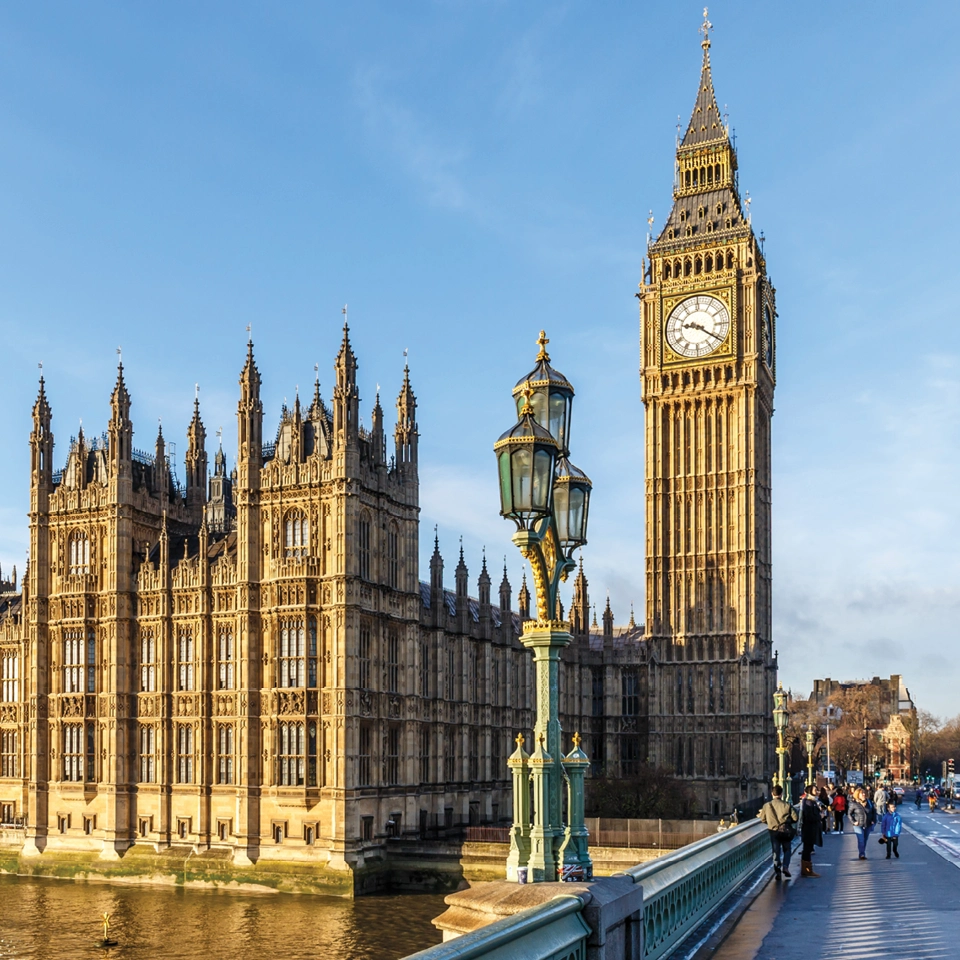How the Chancellor’s statements affect savings and investments
The Chancellor’s statements can influence everything from interest rates to investments. Discover what they could mean for your money and how to shield your cash while maximising returns.
This article is not advice. If you would like to receive advice on your savings and investments, consider speaking to a Financial Adviser.

The Chancellor’s statements: at a glance
- What do I need to know? The Chancellor’s statements set out the government’s plans for tax and spending. These plans can impact the economy and influence the Bank of England base rate.
- What does it mean for me? Changes to the base rate can affect the interest rate banks offer on savings accounts, as well as influencing how investments and pensions perform. These updates also include changes to tax rules, which may affect how much tax you pay on your savings and investments.
- Why does it matter? Understanding how the statement affects interest rates, tax policy, and financial markets can help you make more informed decisions about where to hold your cash and investments.
The Chancellor’s statements set out the government’s plans for raising or lowering taxes for the year ahead, like income, property, and pension taxes. They also cover wider financial decisions that can influence public spending (such as healthcare and education) and the economy (such as the job market and living costs).
These decisions can also influence financial markets. For example, if the measures announced are expected to boost spending and investment, the Bank of England may respond by raising the base rate. When that happens, banks often increase the interest rates on savings accounts.
That’s why it’s worth paying attention to changes in interest rates and investment performance after these events. The weeks that follow can reveal how the government’s plans translate into real opportunities for your assets.
What is the Chancellor’s Statement?
Each year, the Chancellor of the Exchequer gives a statement to the House of Commons. It sets out the government’s plans for taxes, spending, and the wider economy, based on forecasts from the Office for Budget Responsibility (OBR).
There are two statements each year:
- The Autumn Budget – which will be delivered on Wednesday 26 November this year
- The Spring Statement – which is usually delivered in March
The first part of the Autumn Budget looks at the state of the economy and public finances. The second part explains what the government plans to do about tax and spending, which can include changes affecting businesses, investors, and savers.
The Spring Statement is shorter and focuses on updated forecasts for growth, inflation, and public finances. It can also give early signals about future tax or spending changes.
How does the statement impact savings?
The Chancellor’s statement can affect your savings by influencing the base rate and, in turn, the interest rates banks offer. It doesn’t directly set the base rate – that’s the job of the Bank of England. But what the Chancellor announces can influence where the base rate might go next.
That’s because tax and spending decisions affect inflation and economic growth. The Bank of England takes those factors into account when deciding whether to change the base rate.
If the base rate is expected to rise, banks may offer higher interest rates on savings accounts. If it’s expected to fall, interest rates may drop. This can affect how much interest you earn on your cash.
Having the flexibility to move your cash between accounts can help you make the most of changing rates. Flagstone makes that easy. Our savings platform gives you access to hundreds of savings accounts from over 65 banks – with just one login and one password.
How does the statement impact investments?
The Chancellor’s statement can influence investor confidence in financial markets. If the statement points to weaker economic growth, share prices may fall and markets can become more volatile.
In these conditions, some investors reduce their risk by holding more liquid cash or reducing exposure to higher-risk assets, such as stocks and shares.
Tax changes can also affect investor returns. If taxes on dividends (income from company shares) or Capital Gains Tax increase, that can reduce your investment income.
Diversifying your portfolio across a mix of assets (such as cash, bonds, property, and stocks) can help manage risk and provide more stability when markets are unsettled.
How does inflation affect your savings?
When inflation rises, the Bank of England often responds by increasing interest rates to bring it back down. Higher rates can mean better returns on savings. But if the rate on your savings doesn’t keep pace with inflation, your money can lose value in real terms.
Let’s look at an example: if your savings account pays 3% interest but inflation is running at 5%, the real value of your money is effectively falling by 2% each year. Even though the number in your account goes up, what it can actually buy goes down.
How much can you earn from high-interest savings?
The amount you can earn from a high-interest savings account depends on a few things, including the state of the economy, the type of account you choose, and the Bank of England base rate.
Interest rates can vary between banks, so finding a competitive option can make a real difference to your returns.
That’s where Flagstone can help. Our platform brings together savings accounts from more than 65 banks in one place, making it easier to compare rates and open accounts through a single application.
Understanding financial terminology
The Chancellor’s statements can sometimes be challenging to follow. To make things simpler, we’ve created a savings glossary that explains key financial terms in plain English, so you can feel more confident when it comes to managing your money.




